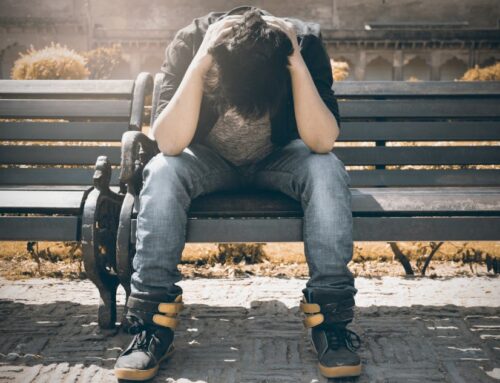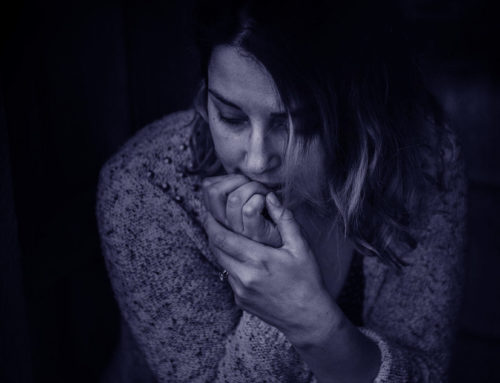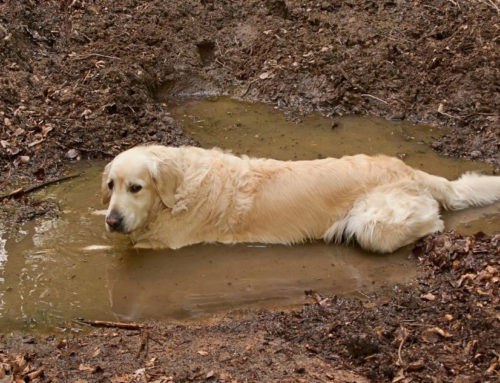The world has been forced to slow down and take heed over the last few weeks and months, since this Pandemic started. It’s a strange time to be alive.
I can’t recall a bigger world event since 911 that has had the shear force of bringing a Global Population of over 7.7 billion people together. In as much as we’re suppose to be at least a meter a part from each other in physical distance right now, there is a strong sense of connection as we all navigate these uncertain waters together.
There are a lot of scary things happening around the world right now, a lot of fear, panic, in some cases even denial and downplaying, but most of all there’s uncertainty. All of this is an appropriate response to the events that have unfolded.
For those of us who have experienced any type of trauma (which is most everyone in the Western World), these recent events can be very unsettling and even triggering from the level of the nervous system.
According to Harvard Medical school; “The sympathetic nervous system directs the body’s rapid involuntary response to dangerous or stressful situations. A flash flood of hormones boosts the body’s alertness and heart rate, sending extra blood to the muscles. Breathing quickens, delivering fresh oxygen to the brain, and an infusion of glucose is shot into the bloodstream for a quick energy boost. This response occurs so quickly that people often don’t realize it’s taken place.”
Another component of the nervous system is the Parasympathetic Response which works to calm the body down after the stress response has been activated. These two systems work together to maintain the baseline and normal functioning of the body.
For many people who have experienced Trauma, these natural rhythms can be greatly impacted and the Sympathetic response can become “stuck” or can push beyond one’s limits and inhibit the ability to self-regulate (relax or self-soothe). Causing an over-stimulated stress response where one can experience fear, anxiety, panic and restlessness on a daily basis. It can become bit of a vicious feedback loop.
Now throw in a Global Pandemic and a world population that has a lot of unprocessed trauma (from the level of the nervous system) and you get a recipe for the perfect storm.
If you are experiencing heightened fear, panic or worry and are feeling overwhelmed with the situation at hand, there are things that you can do.
For starters, breathe. Science is telling us that the power of one extended breathe can have a direct calming effect on the stress hormones in the body.
When we are in our sympathetic response (fear) we tend to take shallow, rapid breaths as a way for the body to conserve energy and remain “alert” to impending danger. This stress response can be greatly reduced by taking a few intentional “belly breaths” or by focusing on breathing from below the diaphragm area in an effort to slow everything down.
If that’s too difficult to do, then focus on extending your exhale. Take a normal breath and intentionally slow down the exhale.
Do this a few times and notice the difference in your body. Some may feel slightly light headed while this increase in oxygen takes our bodies a few seconds to adjust, but notice what is happening in your chest area. Has your heart rate decreased? Do you feel less constricted in the chest? Has the anxious sensation or jittery feeling in your body reduced? To make this exercise more effective you can place one hand on your chest and one on your belly while you practice these slow, deep, intentional breaths. Connect to yourself, to your core and your heart and let the breath guide you to a place of deep calm and stillness.
During times of great uncertainty it is important to slow down and focus inwards. If reading the news or going on social media is increasing your anxiety, take a break. Challenge yourself to “unplug” for an hour at a time.
All is well, in this moment, you are safe. We are all connected to one another and we all care deeply about the well-being of our loved ones, of strangers, of the planet and our fellow human beings.
We have survived much worse in our collective history before and we do have the resources and the resilience to get through this. Those resources lie within yourself, in your wonderful and intelligent body that has the natural rhythms of contraction and expansion. Holding on and letting go. Bracing yourself, and embracing yourself. It’s going to be OK. Your body knows what to do, it’s wired for this.
Julie Hughes
Julie has been counselling individuals and couples for over 10 years and is a Registered Professional Counsellor (#3065) with the Canadian Professional Counsellors Association. Julie holds a degree in Psychology from the University of Ottawa as well as having completed a 3 year counselling program with Clearmind International Institute.







